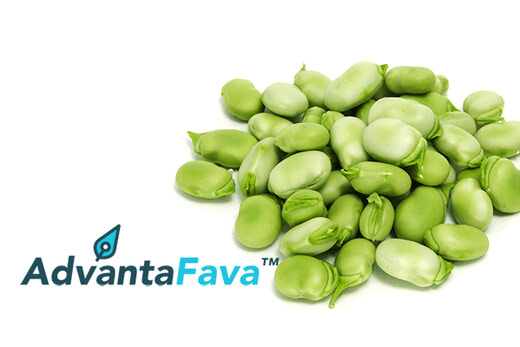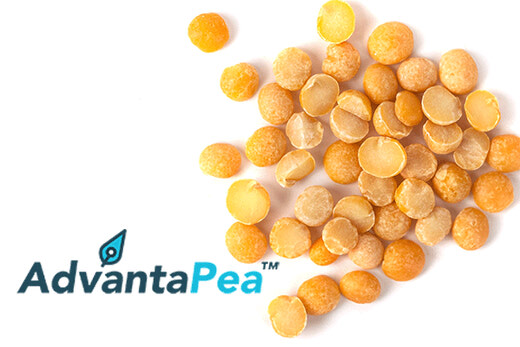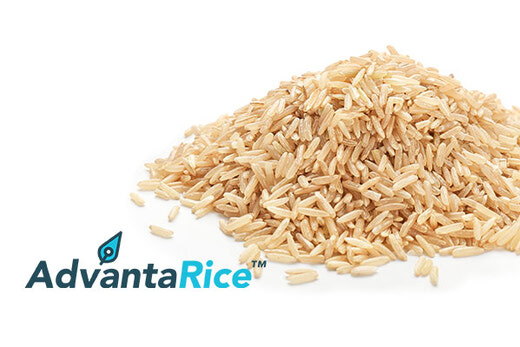Plant-Based Proteins in Baking Mixes: Enhanced Functionality and Nutrition
In recent years, the baking industry has seen a significant shift towards healthier and more sustainable ingredients. Among these, plant-based proteins have emerged as a versatile and valuable addition to baking mixes, offering a range of benefits that extend beyond simple nutrition. Understanding the advantages of incorporating plant proteins into baking mix formulations can help cultivate baked applications that are not only nutritious but also cater to the growing demand for plant-forward options.
Enhanced Protein Content
One of the most obvious benefits of using plant-based proteins in baking mixes is the ability to boost the protein content of the final product. Traditional baked goods often rely on wheat flour, which, while versatile, is relatively low in protein. By integrating plant-based proteins such as pea protein, soy protein, or fava bean protein, formulators can significantly increase the protein content of their mixes.
High-protein baked good brands are especially appealing to performance athletes, fitness enthusiasts, and consumers following plant-forward or vegan diets.
Gluten Replacement & Improved Texture
For those with gluten sensitivities or celiac disease, finding suitable alternatives to traditional wheat-based baked goods can be challenging. Plant-based proteins offer an excellent solution by acting as gluten replacements in baking mixes. When used correctly, proteins like rice protein or chickpea protein can mimic the structural and binding properties of gluten, ensuring that the final product has a desirable texture and mouthfeel.
For example, pea protein can provide the necessary structure and moisture retention, resulting in baked goods that are tender, yet sturdy. This functionality is crucial in gluten-free baking, where maintaining the right balance of texture, rise, and crumb can be difficult without gluten. By leveraging the unique properties of plant-based proteins, formulators can create products that meet the dietary needs of gluten-sensitive consumers without compromising on quality.
Versatility and Customization
Plant proteins are available in various formats - isolates, concentrates, texturized and hydrolyzed versions - each offering different functionalities. This versatility allows formulators to customize their mixes to achieve specific outcomes. For instance, a hydrolyzed protein can significantly increase protein content without altering the texture of the baked good, while a protein isolate can add protein with only a subtle flavor variance.
This 'customization' can extend to the nutritional profile of the baked goods as well. By carefully selecting and blending different plant-based proteins, formulators can create products that are not only higher in protein but also rich in functionality.
Sustainability
Beyond their functional benefits, plant-based proteins align with the growing consumer demand for sustainable and ethically-produced food. The production of plant-based proteins generally has a lower environmental impact when compared to animal-based proteins, requiring less overall water, land, and energy. These earth-friendly factors make plant-based proteins an attractive choice for eco-conscious brands who are looking to expand their sustainability efforts.
Improved Shelf Life and Stability
Plant proteins can also contribute to the stability and shelf life of baked goods. Many plant proteins, such as soy and pea proteins, have good emulsifying and water & oil binding properties. These functionalities can help improve the moisture retention and texture of baked goods, extending their freshness and shelf life. This is particularly important in commercial baking, where the ability to maintain product quality over time is crucial for reducing waste and ensuring customer satisfaction.
Incorporating plant proteins into baking mixes offers a multitude of benefits and, as consumer interest in health, wellness, and sustainability continues to grow, the demand for high-quality, plant-based baked goods is only predicted to grow. By understanding and utilizing the unique properties of plant-based proteins, formulators can engineer innovative applications that not only meet current market demands but also contribute to a healthier, more sustainable future.
Looking for assistance in incorporating plant proteins into your next baked good breakthrough? Our in-house food science team is ready to help!
Send us a direct email by clicking HERE
‡Please note all specifications and attributes are per U.S. guidelines and regulations - and that certain statements in regard to these products have not been approved or evaluated by the FDA. These products are not intended to prevent, treat, or cure any disease.




